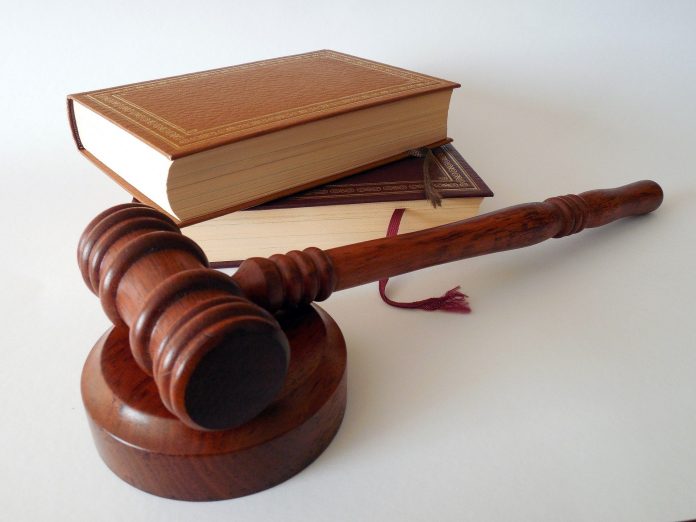The FCC and the FTC are demanding service providers do their part to stop coronavirus-related scam robocalls from bombarding American consumers.
The organizations have specifically warned three gateway providers facilitating COVID-19-related scam robocalls originating overseas that they must cut off these calls or face serious consequences. As of today, phone companies can start blocking all traffic from these gateway providers’ networks.
The FCC and FTC have been working closely with the U.S. Department of Justice on this first-of-its-kind effort to stop scammers from reaching American consumers.
“When it comes to scam robocalls, if you’re not part of the solution, you’re part of the problem. These phone companies need to cut off this traffic and protect consumers from these scams. The choice is simple: Move forward as responsible network providers or see themselves cut off from the phone system,” warned FCC Chairman Ajit Pai i a statement. “During this national emergency, it is unconscionable that these companies are abusing their access to our nation’s telephone network by serving as conduits for scam robocallers who are subjecting Americans to coronavirus-related fraud. This must end and must end now. And to any other service provider that’s carrying or is thinking of carrying such traffic, be warned: If you do so, you too will find yourselves excluded from our phone system.”
FTC Chairman Joe Simmons added further commentary.
“The FTC will not stand for illegal robocallers that harm the public, particularly in the middle of a health crisis,” said Simons. “These warning letters make clear that VoIP providers who help illegal robocallers prey on fears surrounding the coronavirus are squarely in our sights.”
The FCC’s Enforcement Bureau and FTC’s Bureau of Consumer Protection wrote to three gateway providers that are facilitating these scam COVID-19-related robocalls: SIPJoin of Suffolk, Virginia; Connexum of Orange, California; and VoIP Terminator/BLMarketing of Lake Mary, Florida.
The companies have been identified by the Traceback Group, a consortium of phone companies that help officials track down suspect calls, managed by the trade association USTelecom. The commissions also wrote to USTelecom last week to ask its members to begin blocking calls from these providers if the flood of robocalls was not cut off within 48 hours.
These letters specifically cite two of the many COVID-19 related scam robocall campaigns. One campaign offers a non-existent “free test kit” for COVID-19. These calls originate in the Philippines. A second campaign offers HVAC cleaning services that robocallers falsely claim will help fight COVID-19. These calls originate in Pakistan. As the FCC and the Industry Traceback Group uncover other facilitators of scam robocall campaigns, the agency will also similarly tell those companies to stop the traffic or face serious consequences.










